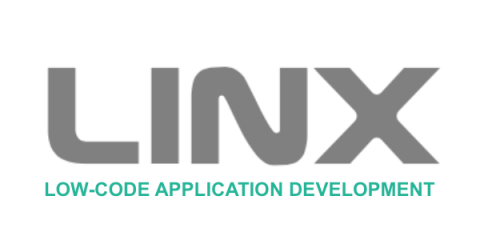3 pillars for supporting realtime update infrastructure in transportation and logistics apps
Amazon was founded in 1994, went public in 1997, and reached a market cap of $1.5 trillion in 2020. As a result of Amazon’s successes and a long tail of rapidly modernizing ecommerce businesses, consumers and businesses alike have transformed their expectations around transportation and logistics. Consumers, for example, expect up-to-the-minute updates on package delivery, and businesses require, among other features, realtime asset and vehicle monitoring.











